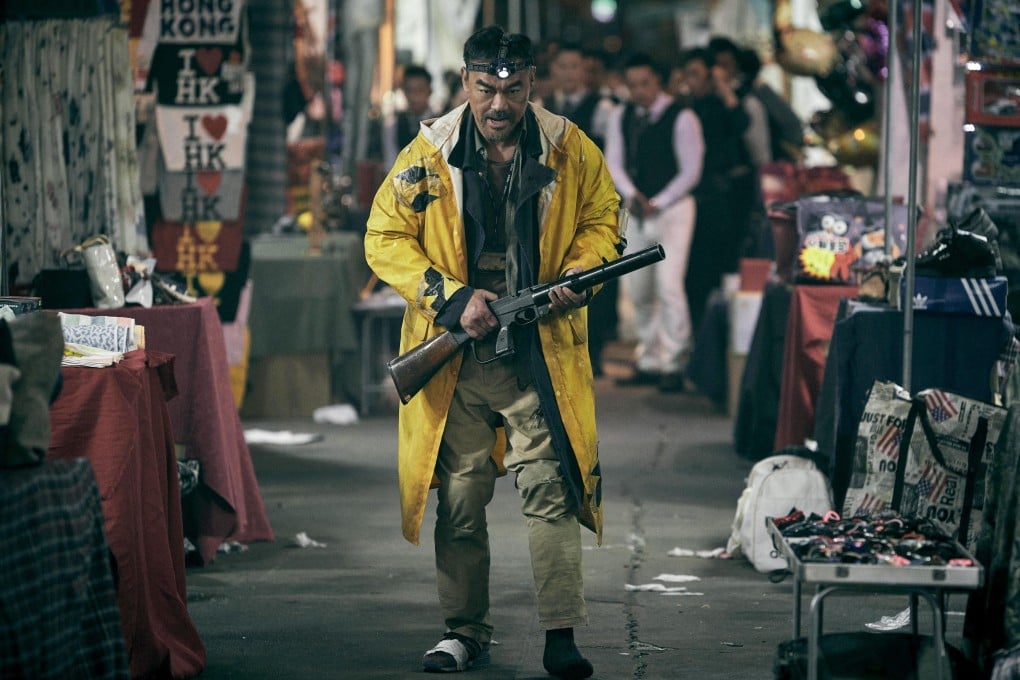Review | Detective vs Sleuths movie review: Lau Ching-wan in wildly chaotic police thriller with urgent moral messages at its core
- Wai Ka-fai’s film follows a heroic ex-police officer, played by Lau Ching-wan, who has hallucinations that include pleas for help from people before they are killed
- The chaotic story makes fun of police and vigilantes, but the endless shoot-outs and explosions make it exhausting to watch

3/5 stars
Audiences who worry that the Hong Kong national security law will render every Hong Kong police drama stale and politically correct from now on can take heart in the cinematic release – both in the city and in mainland China – of Detective vs Sleuths, the latest film from director Wai Ka-fai, co-founder of Milkyway Image.
As well as quoting frequently – in German! – Friedrich Nietzsche’s Beyond Good and Evil (“He who fights with monsters might take care lest he thereby become a monster”), the action thriller portrays supposedly righteous policemen and violent vigilantes alike as evil.
Such is Wai’s unbridled imagination that the mentally unhinged Lee’s visions even include pleas for help from the ghosts of people … before they are killed.